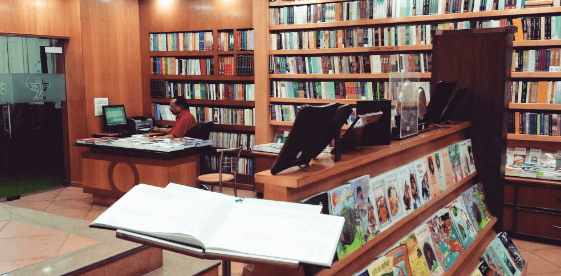
Sahitya Akademi
Sahitya Akademi, India’s National Academy of Letters, was established in 1952 and inaugurated in 1954 to promote literary excellence across 24 Indian languages, including English. Operating autonomously under the Societies Registration Act, it fosters literary dialogue, publications, and cultural unity through seminars, awards, and workshops. Committed to preserving India’s literary heritage, the Akademi supports translation, archiving, and oral literature projects nationwide.
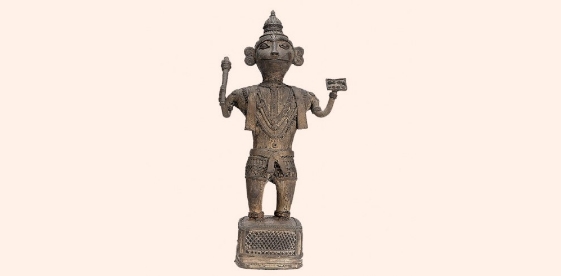
Lalit Kala Akademi
Lalit Kala Akademi, inaugurated in 1954 under Maulana Abul Kalam Azad’s guidance, promotes and nurtures visual arts in India. Registered in 1957, it preserves India’s artistic heritage while encouraging contemporary expression. Headquartered in New Delhi with multiple regional and sub-centres, the Akademi hosts exhibitions, workshops, and lectures, supporting diverse art forms including modern, folk, and tribal art.
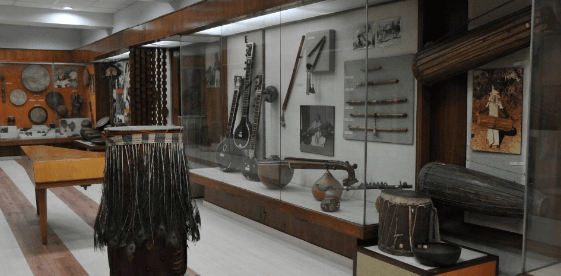
Sangeet Natak Akademi
Sangeet Natak Akademi, established in 1953, is India’s premier institution for preserving and promoting performing arts. Operating autonomously under the Ministry of Culture, it manages renowned institutions like Jawaharlal Nehru Manipur Dance Academy and Kathak Kendra, along with regional centres. The Akademi honors outstanding artists with awards and fellowships and supports young talent through the Ustad Bismillah Khan Yuva Puraskar. It also maintains extensive archives and promotes research in performing arts.
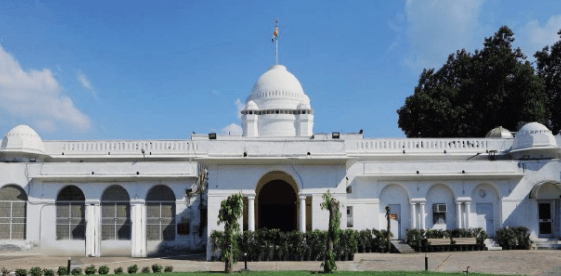
The National School of Drama
The National School of Drama, established in 1959 and made autonomous in 1975, is India’s premier theatre training institute. Funded by the Ministry of Culture, it offers intensive, comprehensive training that combines theory with practical experience. Students actively engage in producing and performing plays as part of their curriculum, making it a unique center for theatrical education in India.
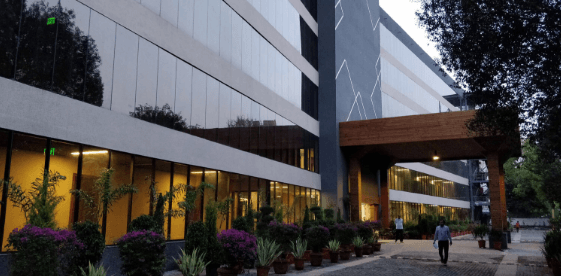
Indira Gandhi National Centre for the Arts
Established in 1987, the Indira Gandhi National Centre for the Arts (IGNCA) is dedicated to the study and promotion of diverse art forms within the cultural and societal context. It undertakes research, publication, training, and creative activities to preserve and showcase Indian art and culture. IGNCA also uses multimedia technology to integrate and disseminate cultural knowledge, fostering dynamic public engagement.
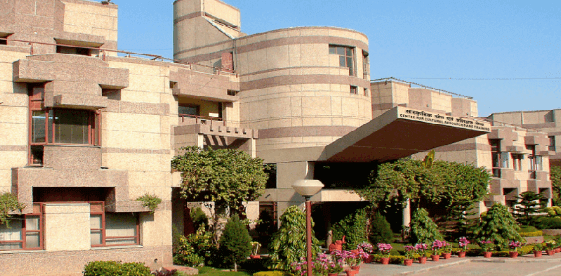
Centre for Cultural Resources and Training
Established in 1979, the Centre for Cultural Resources and Training (CCRT) is an autonomous institution under the Ministry of Culture that promotes cultural education across India. It conducts training programs, workshops, and academic initiatives for students and educators to foster cultural awareness and heritage preservation. With regional centres nationwide, CCRT also offers scholarships and fellowships to support young talent and research in Indian art and culture.
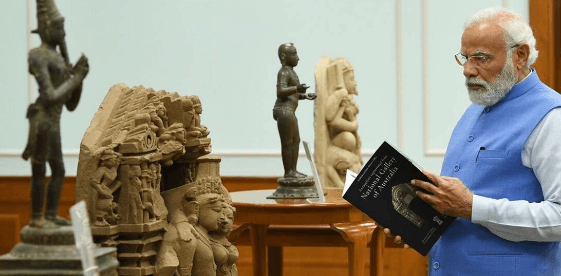
India Institute of Heritage
The India Institute of Heritage, established in 1989 and deemed a university, is a premier centre for training and research in art and cultural heritage. Located within the National Museum premises, it offers students direct access to masterpieces and museum facilities, including laboratories, libraries, and technical support. This setup ensures comprehensive learning in art conservation and museology.
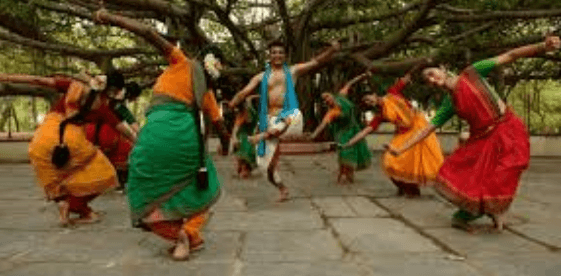
Kalakshetra Foundation
Founded in 1936 by Rukmini Devi Arundale, Kalakshetra is a renowned centre for artistic education dedicated to preserving the true spirit of Indian art. Located on nearly 100 acres by the Chennai seashore, it focuses on the study and performance of fine arts free from commercialism. Kalakshetra continues to be a vital institution reflecting Indian cultural and artistic traditions.





